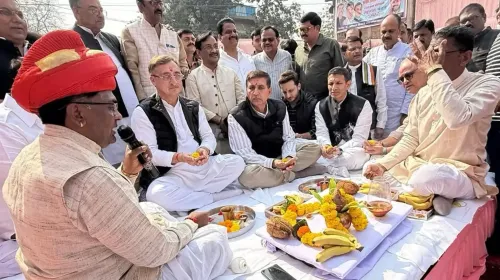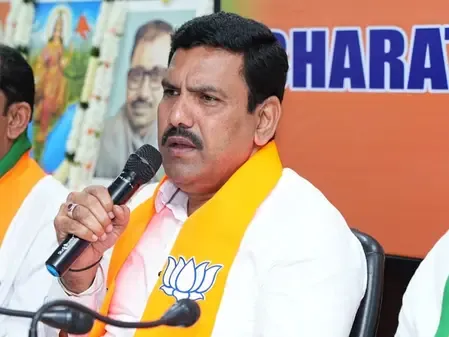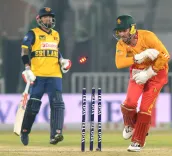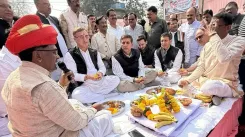Should Fuel Restrictions on Older Vehicles Be Delayed?
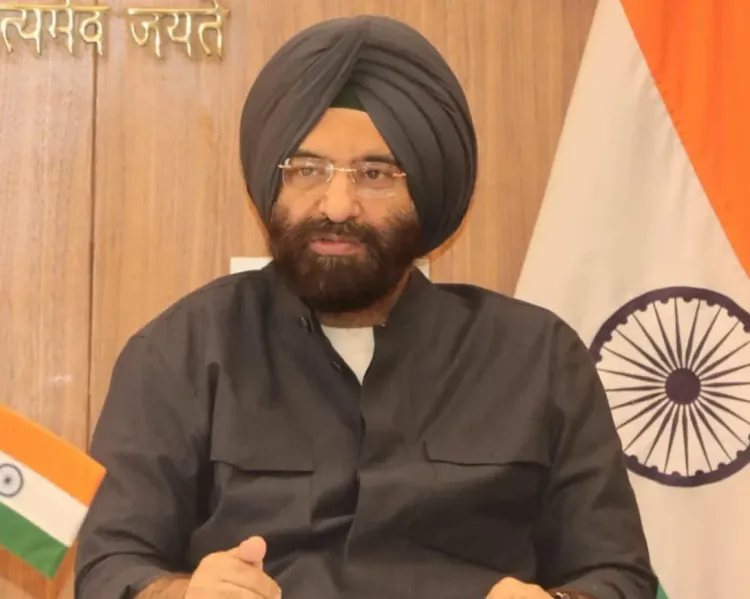
Synopsis
Key Takeaways
- Delhi government requests a pause on fuel ban enforcement.
- Concerns regarding technical issues with ANPR technology.
- Emphasis on a holistic approach across NCR for air quality.
- Potential for illegal fuel markets if regulations are not coordinated.
- Ongoing efforts aim for significant improvements in air quality.
New Delhi, July 3 (NationPress) The Delhi government has reached out to the Commission for Air Quality Management (CAQM) to temporarily suspend its directive aimed at halting fuel sales to aged and polluting vehicles. This request stems from technical challenges and insufficient vehicle databases from neighboring NCR states.
In a letter directed to the CAQM chairperson, Environment Minister Manjinder Singh Sirsa labeled the enforcement of the fuel ban on End-of-Life (EoL) vehicles as “premature” and potentially “counterproductive”.
The government's appeal arises amid growing dissatisfaction from EoL vehicle owners who advocate for a ban based on fitness and emission standards, rather than mere age.
Sirsa stated, “We request the Commission to delay the enforcement of Direction No. 80 dated April 23, 2025, which prohibits the sale of fuel to EoL vehicles in Delhi.”
The transport department categorizes EoL vehicles as those that are no longer validly registered, including petrol vehicles over 15 years old and diesel vehicles over 10 years old.
Sirsa pointed out that implementing the ban has exposed critical issues that need resolution before proceeding.
“Given the various operational and infrastructural hurdles, implementing this order now is not feasible; in fact, immediate enforcement of Direction No. 89 may be premature and counterproductive,” he noted.
Aside from discussing the technical flaws in the technology reliant on Automated Number Plate Recognition (ANPR) cameras, the Minister commented that the system struggles to identify EoL vehicles due to issues with High Security Registration Plate (HSRP).
He emphasized the necessity for thorough trials and adjustments before full implementation in Delhi.
Sirsa also highlighted the importance of a coordinated approach across the NCR region regarding the fuel sale ban for EoL vehicles.
Implementing vehicle regulations solely in Delhi is seen as ineffective; it risks vehicle owners obtaining fuel from surrounding districts like Gurugram, Faridabad, and Ghaziabad.
He cautioned that a fragmented approach could foster an illegal cross-border fuel market, worsening the original dilemma.
Due to the ANPR system's technological inconsistencies and lack of integration with neighboring states, Sirsa stated that it is impractical to deny fuel to EoL vehicles in Delhi at this time.
“Therefore, we strongly urge the Commission to pause the implementation of Direction No. 89 until the ANPR system is fully integrated across the entire NCR. We believe that the ongoing comprehensive efforts by the Delhi government will lead to significant air quality improvements,” concluded Sirsa, referring to a major plantation initiative launched by the government on Thursday.

